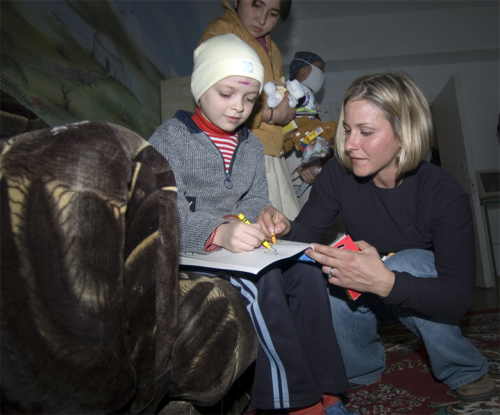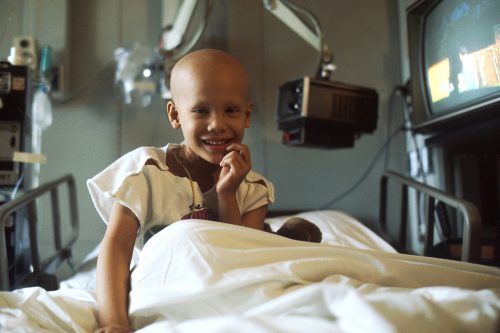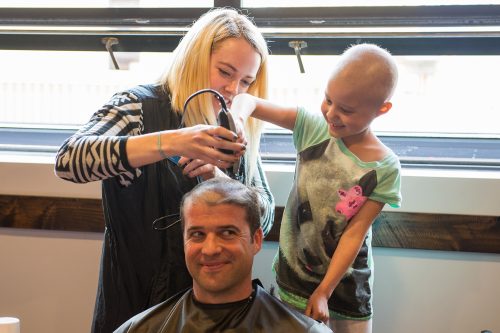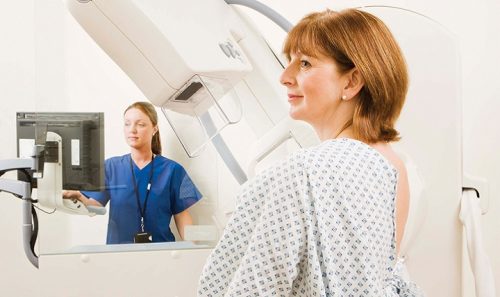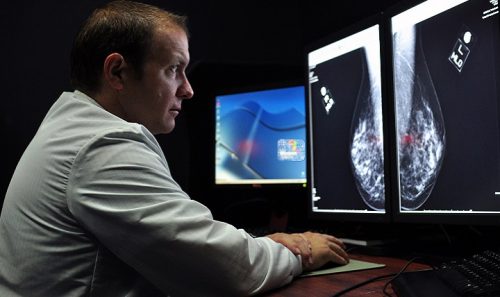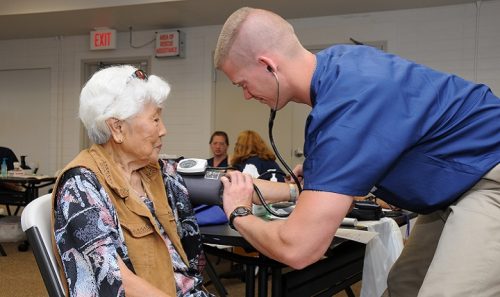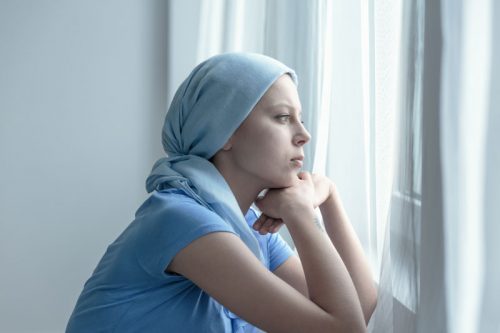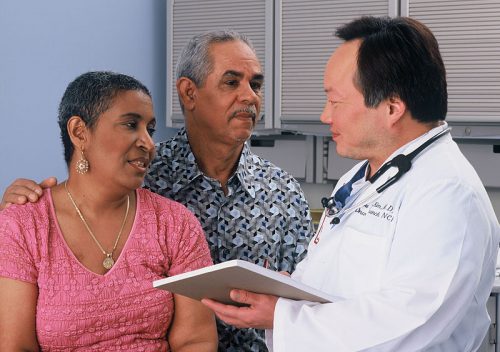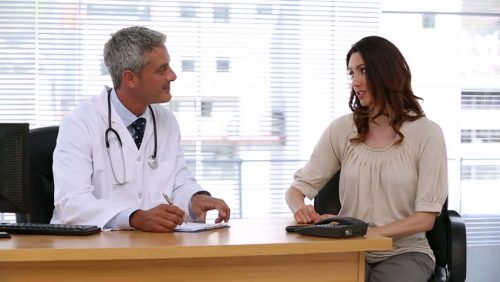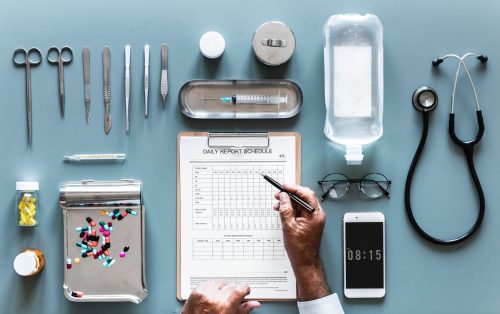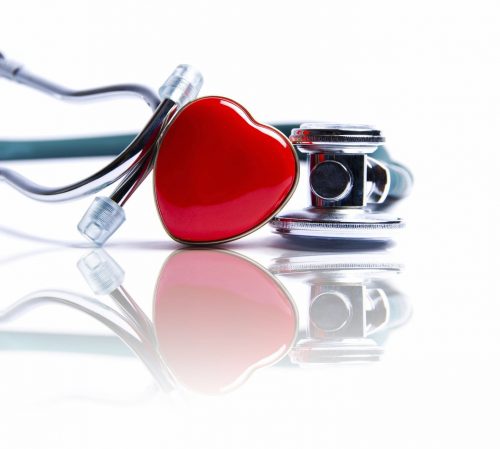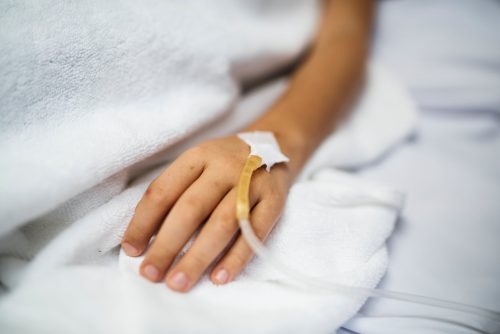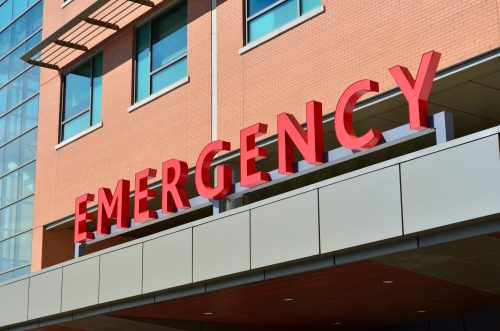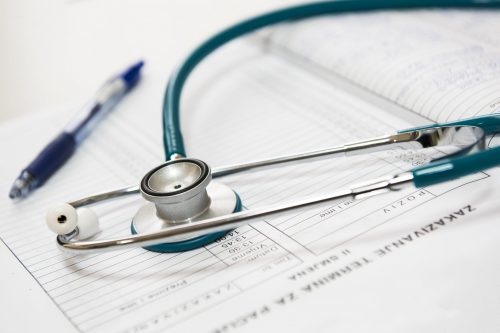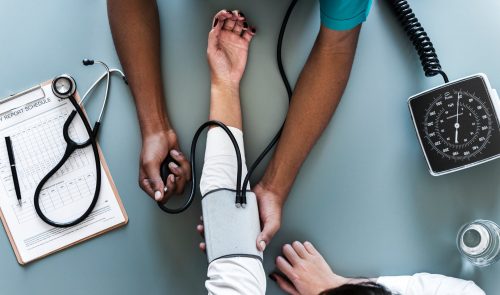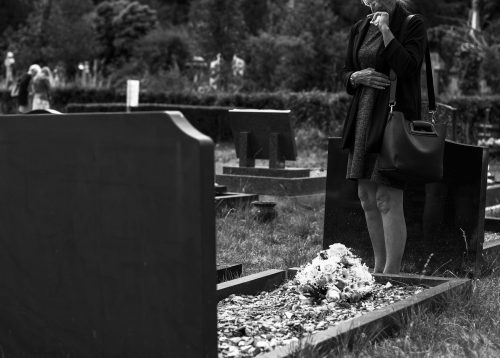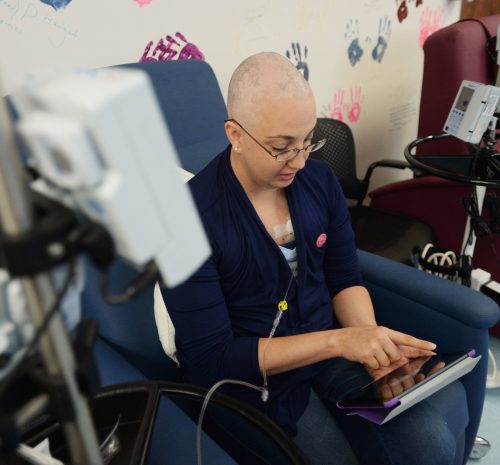
Cancer is one of the most dreaded diseases. Being diagnosed with cancer is often equated with palliative care and ultimately, death. More than ever, there is much research on different treatment and preventive strategies for cancer. In fact, many are seriously considering natural therapies, complementary and supplementary modalities, and Eastern medicine such as yoga, meditation, tai chi, and acupuncture but the accepted treatment in Western medicine: surgery, chemotherapy, and radiation. Undergoing chemotherapy is something an individual with cancer should prepare. The effect of chemotherapy can be debilitating to a person for days at a time which will leave his/her responsibilities hanging.
Chemotherapy is defined as a drug treatment that utilizes potent chemicals to kill fast-growing cells in the body. Treatment protocol of cancer will vary depending on the origin, size and the immune system of the patient. These drugs can be used alone or in conjunction with other chemotherapeutic agents. Though chemotherapy is accepted, it still poses risks and side effects. Also, it cannot differentiate cancer and healthy cells as well as unable to specifically target affected cells. Chemotherapy is often used in cancer cases, but it can be used in other disease condition such as bone marrow diseases, rheumatoid arthritis, and systemic lupus.
Side Effects of Chemotherapy
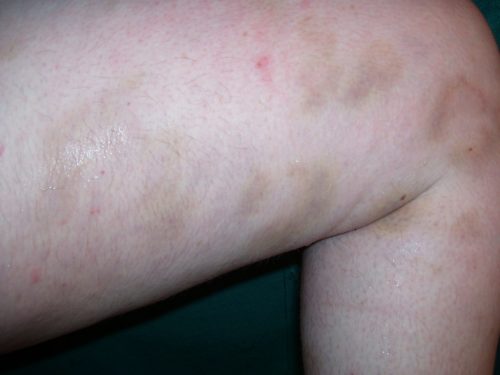
Preparation for the side effects of chemotherapy will vary depending on the drug administered; however, it is wise to expect to experience nausea, vomiting, diarrhea, hair loss, loss of appetite, fatigue, fever, mouth sores, constipation, and bruising. These side effects might be felt immediately right after, days prior, or a few days after the treatment. Other than this, another concern to watch out for is long-lasting or delayed occurring effects like heart problems, damage to lung tissue, nerve damage, the risk for development of secondary cancer and kidney problems. In other words, it is like a double-edged sword. It has both risk and benefits.
Special Considerations
Since chemotherapy can disrupt daily living, it is wise to plan early on. It is recommended to have a device to ensure easier access to the peripheral veins or implantation of central devices. Chemotherapy treatments are extremely damaging to the peripheral veins, and it is advisable to administer such drug through a central device.
The catheter or device will be surgically implanted into a large vein, and the most common site is in the chest. Blood tests will be prescribed, beforehand, to check for the liver and kidney function. Also, the status of the patient’s heart will also be crucial in determining the dosage of the drugs especially if the patient will use doxorubicin and epirubicin.
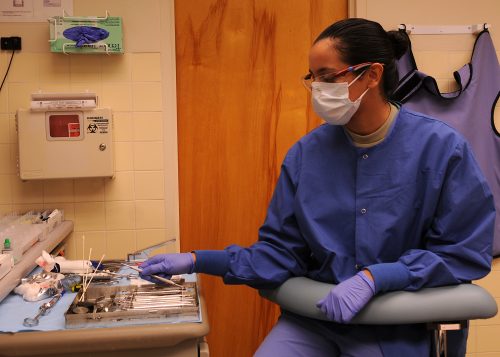
Visit your dentist. You will need to check your dental health as well as check if there are signs of infection. Treatment of open cavities and existing infections will reduce the risk of complication during chemotherapy.
Before the start of the therapy, begin to have healthy eating habits. After the treatment, it might be helpful to share meals with family members or friends. Studies show that patients are more likely to eat when surrounded by people. When nothing seems appetizing, prepare soft, bland food like cooked cereals, mashed potatoes, and eggs.
On the first treatment, make sure you have enough sleep the night before and consume a light meal before going in the infusion unit. Ask family members or loved ones to accompany you to your first cycle.
The infusion will often take a few hours depending on the protocol. Bring a book, easy crafty projects, or laptop for movies, music, etc.
If it can add up to one’s well-being, consulting a spiritual advisor or counselor is also beneficial. You can find one at BetterHelp.com. They are professionals that are more than willing to help you on your journey to mental and emotional wellness during your cancer battle.

